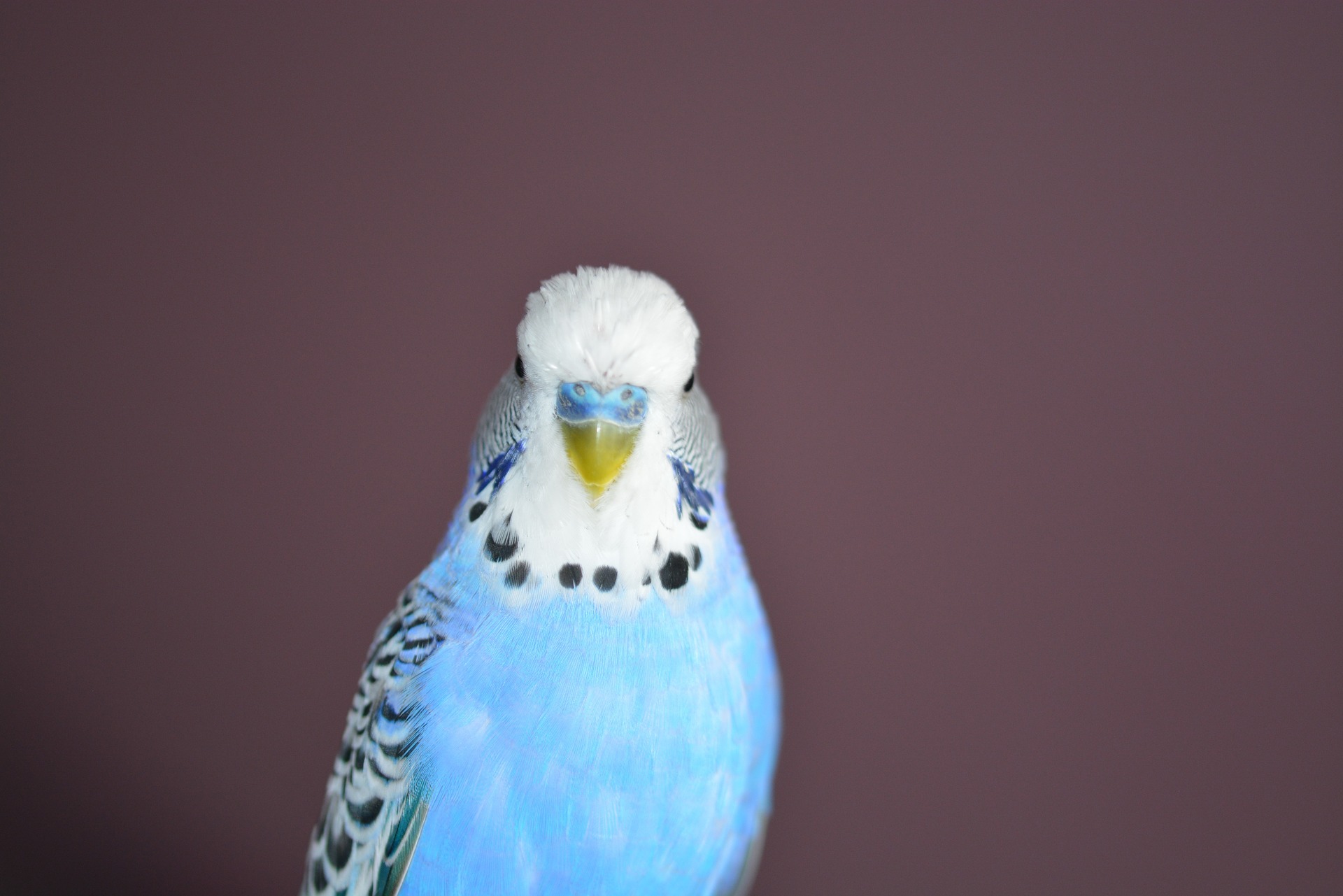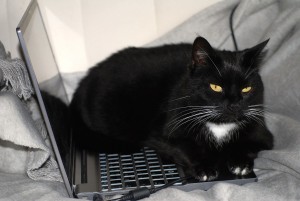I’ve been writing pretty serious content-themed blog posts recently; however as the OED has released its latest update, I thought I’d revert to blethering about wordy stuff.
The Oxford English Dictionary is updated four times a year, and we’ve just had the June revision. This update includes over 1,000 new words and meanings, and a revision of over 2,000 existing entries. For the full list, have a look at the OED’s website. If you’re a bit short of time (more about short reading attention spans later), here are a few of the new entries that caught my eye…
CamelCase
Well, this is a Thing, and now we all know what to call it. CamelCase is a way of writing compound words or phrases so each word begins with a capital, with no spaces or hyphens.
Obvious examples include PowerPoint, LinkedIn, and YouTube. CamelCase makes otherwise indecipherable hashtags easier to read #LikeThisOne, as opposed to #likethisone. Your online usernames is another example of when you may use CamelCase (KateWaddon). If you have a Scottish or Irish Mac or Mc name, you may be using CamelCase all the time.
Why camels? The term was first used – on paper – by computer programmer Newton Love in 1995, because of the “humpiness” of the style. I love that.
Listicle
I like a listicle, as my two blog readers know. Basically a plumped-up list, it’s a great way of producing an easily-digestible article. The word itself is possibly my least-favourite blended word (it just doesn’t work) and dates from 2007.
Glamping
Glamping, a portmanteau word made from “glamorous camping”, first appeared around 2005, and is now used regularly to describe a camping holiday where you’re more likely to get a hot tub than a cold shower. I wrote for a glamping website last year, and honestly, most of us have fewer facilities in our homes. The term these days is largely positive – holidays are sold as “glamping experiences”; but it’ll be interesting to see if it becomes used pejoratively as the next holiday fashion takes over.
There’s always been a camping hierarchy. When I was a kid, my best friend’s dad called our campervan holidays “Wendy camping”. He did the proper stuff, in a small tent, in fields. Shame that phrase hasn’t made it: I enjoyed being a Wendy Camper.
Mahalo
One of the reasons that I love the OED’s updates is that I learn stuff. I thought this new addition was simply the make of my kids’ school ukuleles. It’s not – it’s a rather lovely Hawaiian word for “thanks”. Not, as I suspected “strange sound made by children”. Not one I’ve come across in daily conversation, as you can tell; but then, I’m not a chilled-out, surfy, hanging-out young thing. Sadly.
Budgie smugglers
The OED always has to release one term that gets us all sniggering, and Australian “budgie smugglers” is the one this time round. Picture tight-fitting trunks and the expression, er, falls into place. I’ve refrained from inserting a stock image – the Daily Mail Online was less restrained…
I have a fondness for this term, as I first learned it back in 2005 (although it dates from the mid 1990s), working at the seaside. Much budgie smuggling going on in West Cornwall’s beaches during August.
tl;dr
Ouch. As a writer, I wince at the mention of this one (although I love the semi-colon for nerdy reasons). Tl;dr is shorthand for “Too long; didn’t read” , a crushing editorial comment that dates back to 2002. It can also mean “too long; don’t read”. Its new dictionary entry reads: “…a dismissive response to an account, narrative etc considered excessively or unnecessarily long.”
And on that note…
If you want to talk words – or preferably, write some together – please contact me. TTYL. GTG*
*Talk to you later, got to go. Both new entries.
Also, for a discussion of the latest updates from the OED’s Jonathan Dent,read this excellent article.

